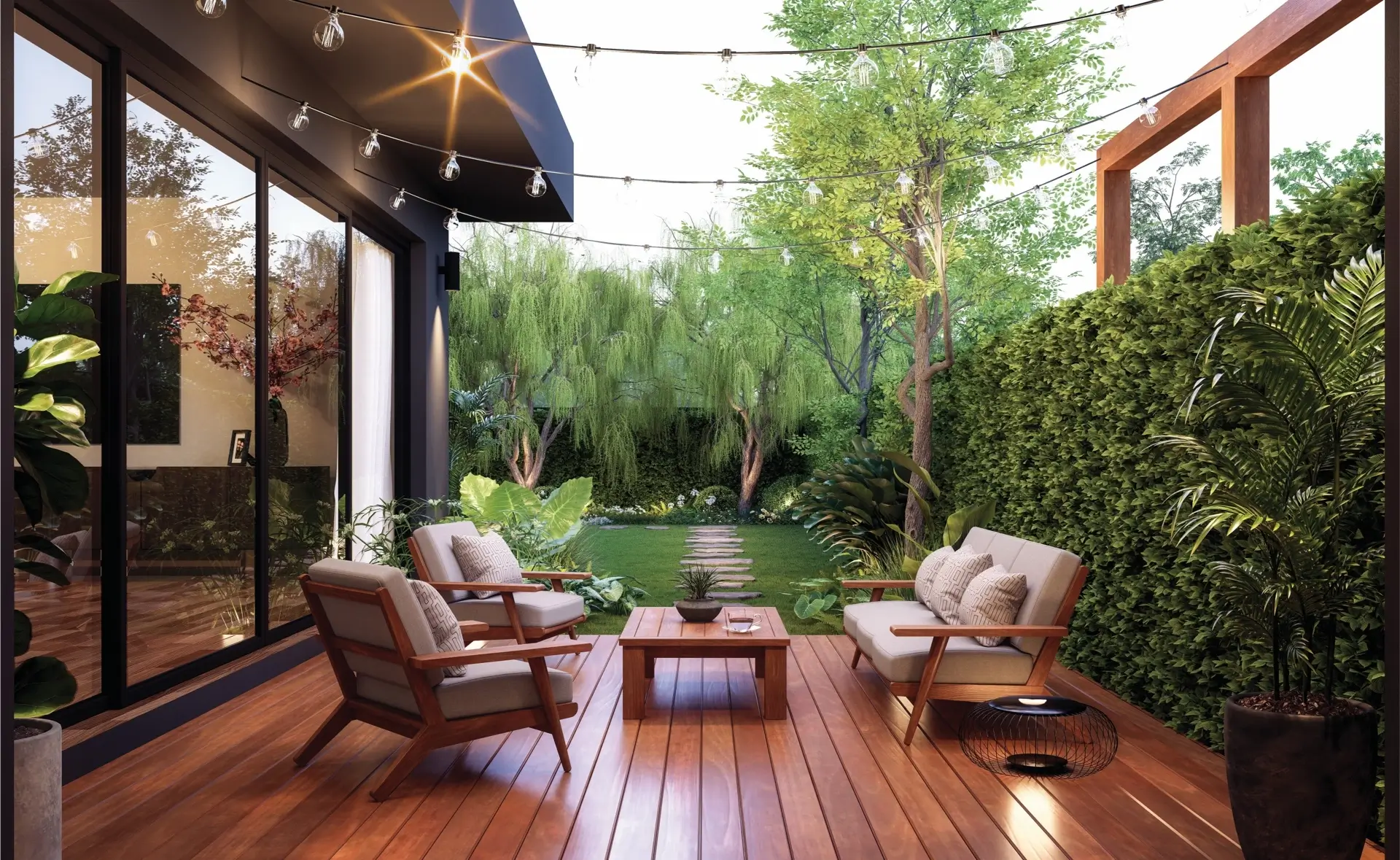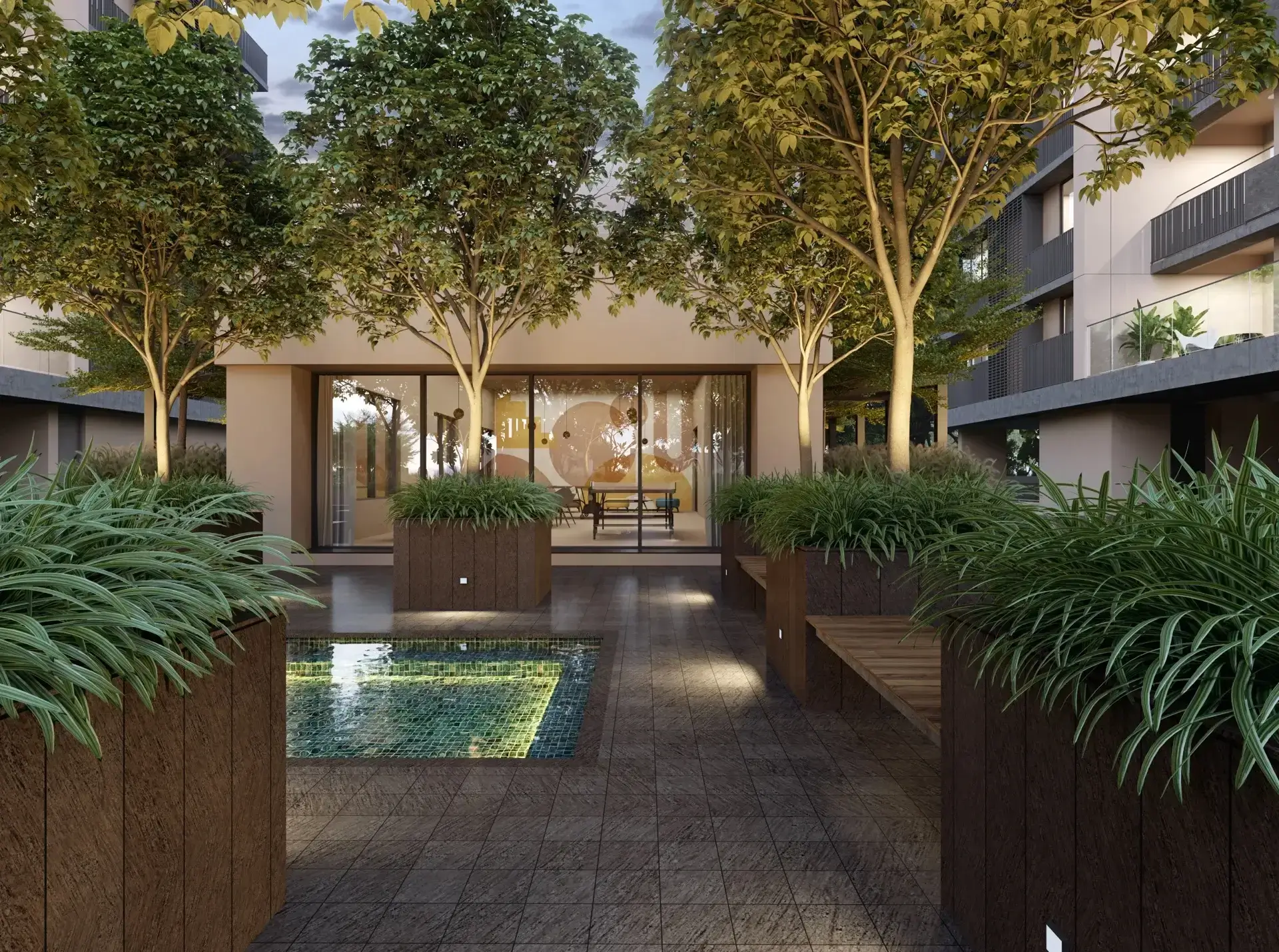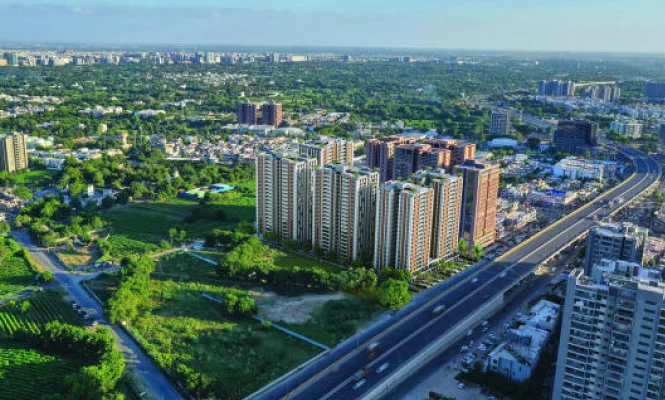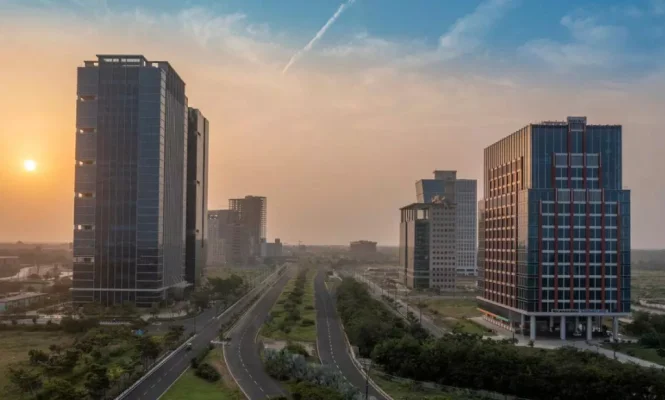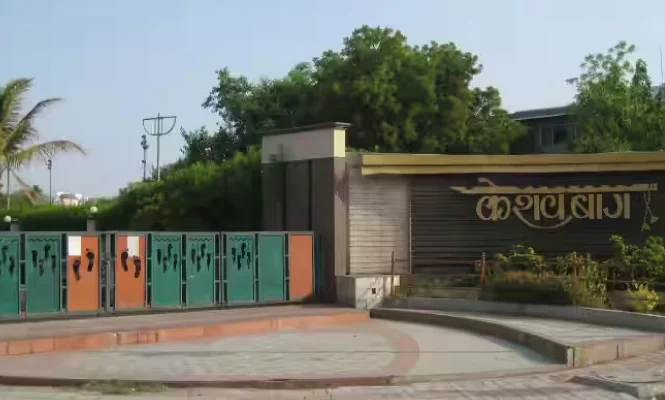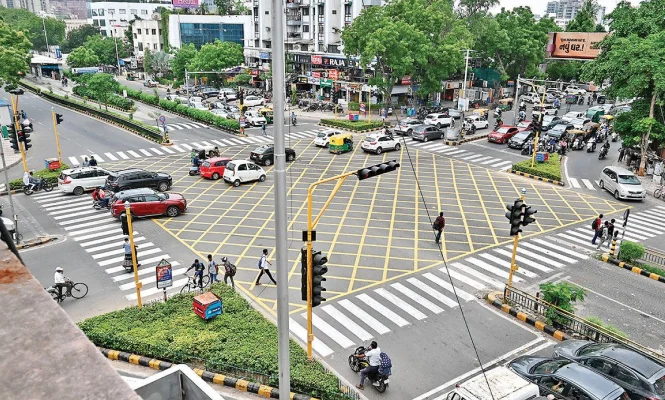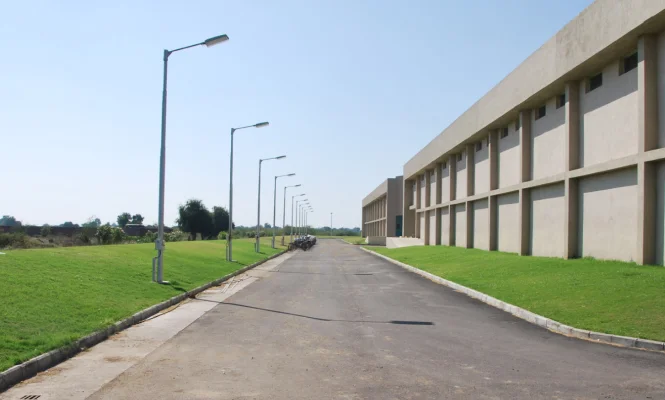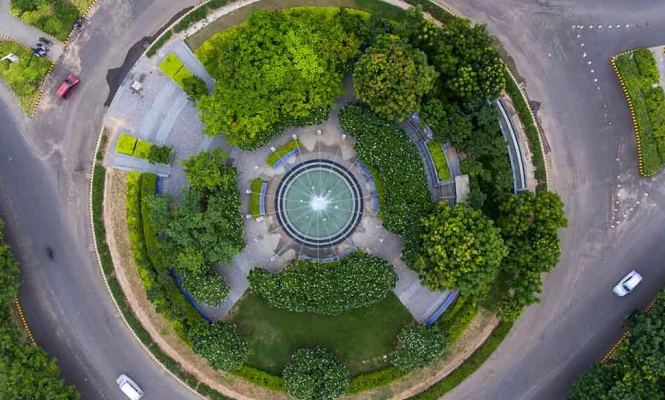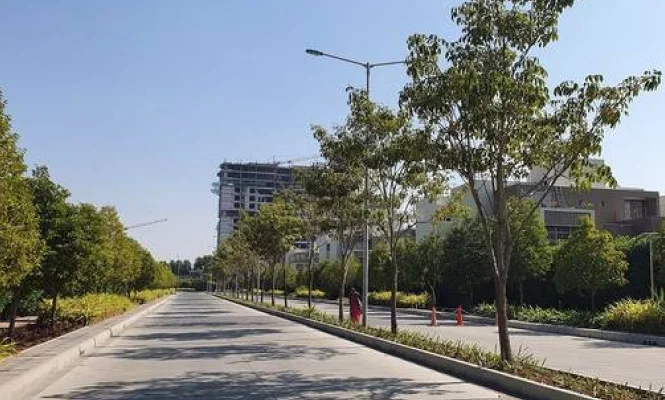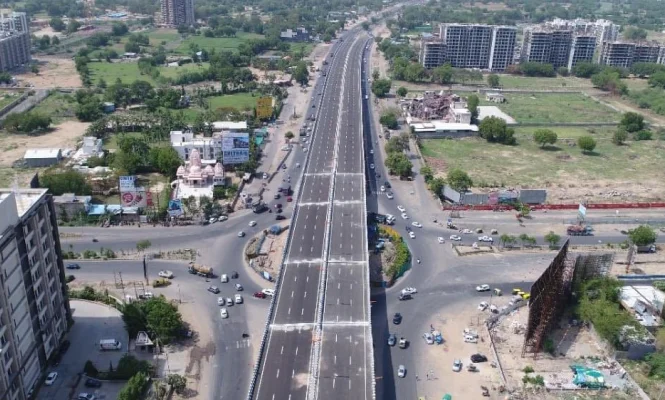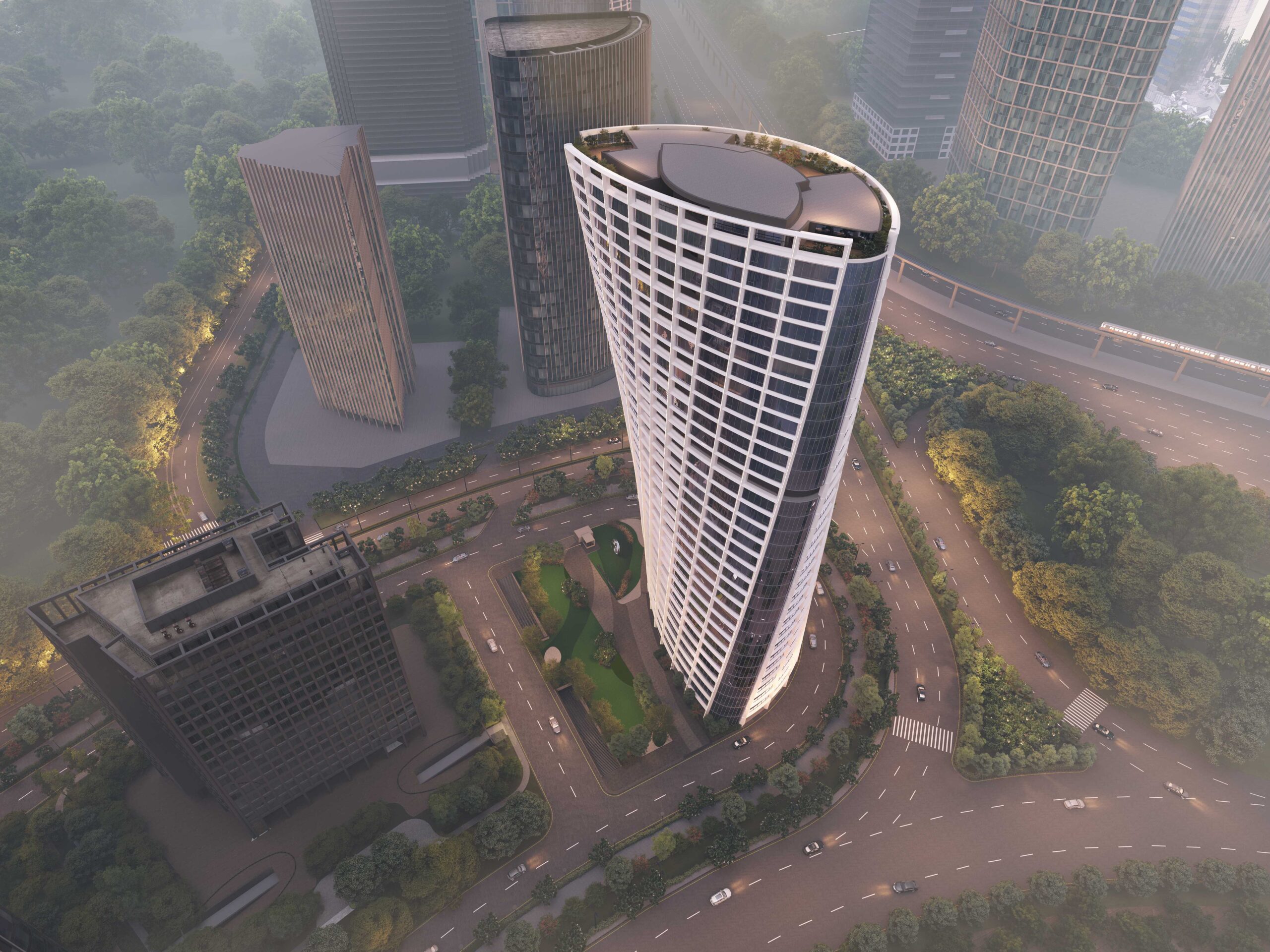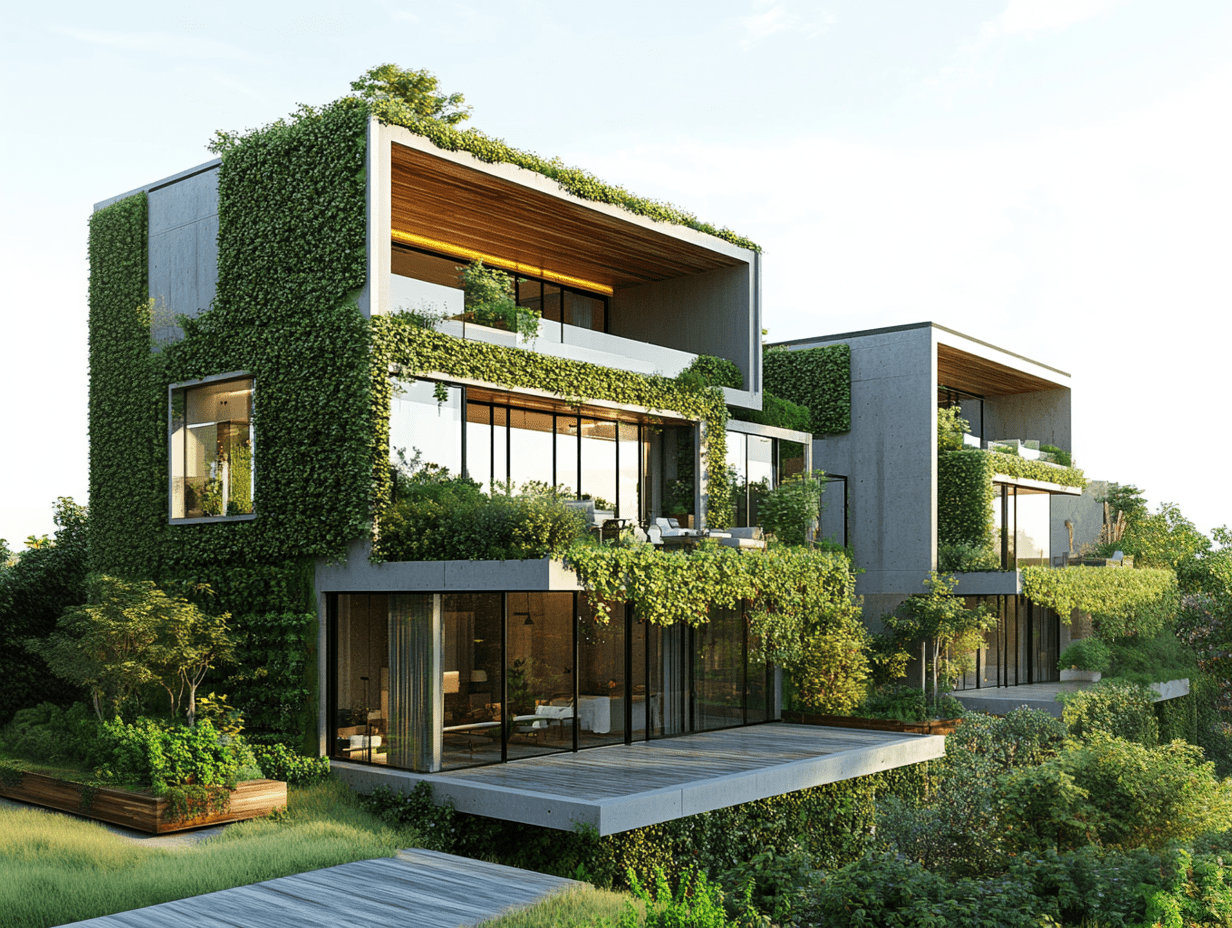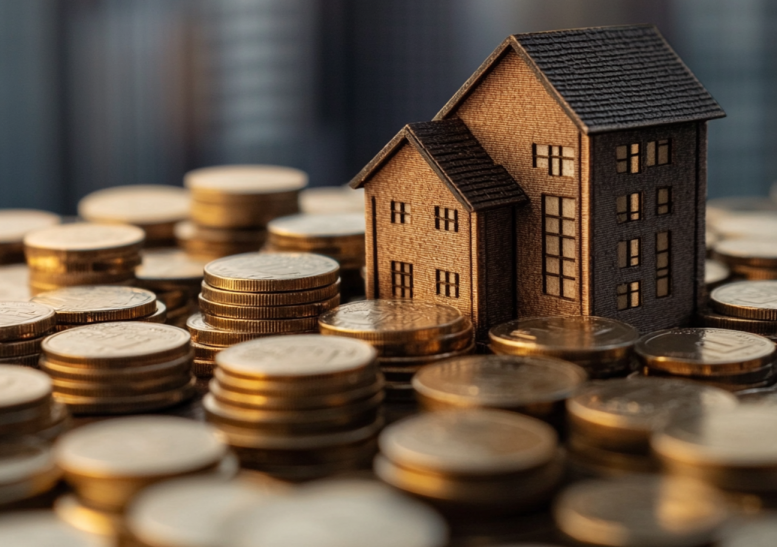Shivalik Platinum: Everything you need to know about Redevelopment
21 Sep 2023
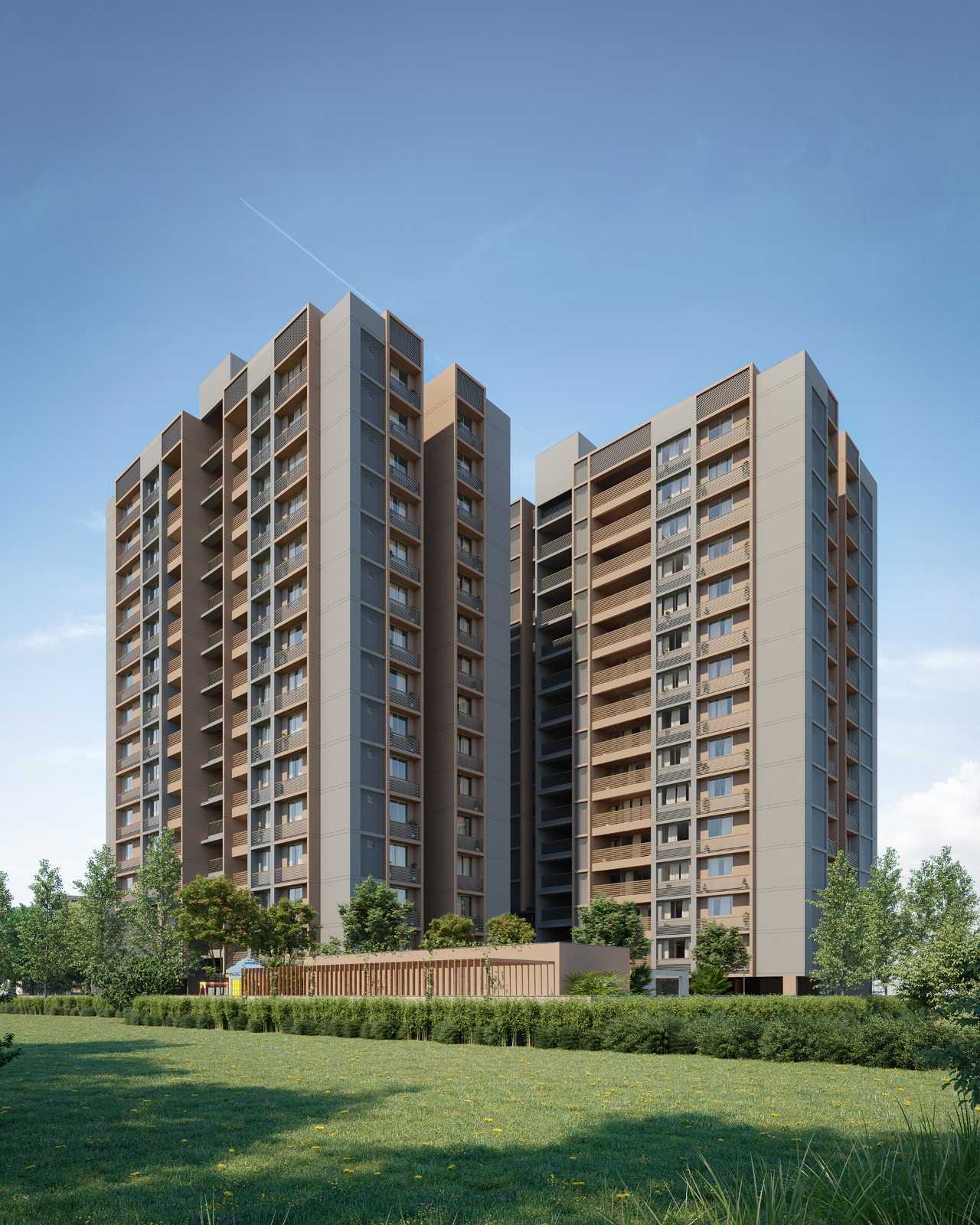
Introduction
A redevelopment project in real estate refers to the process of revitalizing or transforming an existing property or area to enhance its value, functionality, or aesthetics. This value addition involves upgrading or renovating older buildings, repurposing underutilized spaces, or revitalizing dilapidated buildings in urban neighborhoods.
Redevelopment projects are often undertaken to meet changing market demands, improve urban or community infrastructure, promote economic growth, or address environmental concerns. They can range from small-scale renovations of individual properties to large-scale revitalization initiatives that may involve demolishing several blocks within a service society for new construction.
The process of a redevelopment project typically involves several stages, including:
- Planning and Feasibility Analysis: This stage involves conducting a thorough assessment of the existing property or area, analyzing market trends, evaluating financial viability, and identifying potential risks and opportunities.
- Negotiations with existing owners and stakeholders: This stage involves negotiating financial needs of the existing property owners, size of their units, legal title issues, collateral and security, rental reimbursement and exchange value proposition.
- Design and Development: Once the project's feasibility is established, the design and development phase begin. This stage includes architectural design, obtaining necessary permits and approvals, securing financing, and preparing a detailed project plan.
- Construction and Renovation: The actual construction and renovation work takes place during this stage. It involves coordinating with contractors, managing construction timelines and budgets, and ensuring compliance with building codes and regulations.
- Marketing and Leasing/Sales: Upon completion of the redevelopment project, efforts are made to market and lease/sell the upgraded properties or spaces. This includes advertising, hosting property viewings, negotiating lease/sale agreements, and attracting tenants or buyers.
- Operation and Maintenance: Once the properties are occupied or sold, the society needs to collect required maintenance to ensure the long-term success and sustainability of the redevelopment project.
Redevelopment projects can have significant positive impacts on communities and the overall real estate market. They can rejuvenate blighted areas, create new job opportunities, enhance property values, improve infrastructure and amenities, and contribute to the overall quality of life in a given area.
However, redevelopment projects also face challenges, such as financing constraints, regulatory hurdles, community resistance, and potential disruptions to existing residents or businesses. Successful projects require careful planning, effective stakeholder engagement, and a comprehensive understanding of market dynamics. Overall, redevelopment projects play a vital role in transforming and revitalizing urban areas, breathing new life into existing properties, and contributing to the sustainable growth and development of communities.
The new Co-operative Society’s reforms in Gujarat suggest that 75% of members are required to give consent for redevelopment. However, historically this notification came from Maharashtra – especially Mumbai’s landmark reforms in redevelopment. However, at the time of going into redevelopment this reform did not exist and 100%-unit owner’s consent was required to execute a society’s redevelopment. The earliest and successful efforts in redevelopment were ‘Panchvati apartment’, C.G. Road in 2008 and ‘Shyamal Row-houses’ in 2015. Both these projects also required 100% consent of the owners before undergoing redevelopment.
Benefits of commercial/Residential Redevelopment of societies includes;
- Larger apartments/units
- More and improved amenities
- Higher resale value of property
- Increased parking space
- Efficient fire safety system
Conditions & Process for Redevelopment
As per existing Gujarat Redevelopment Policy, the following process is defined for considering a redevelopment project.
- (a) The period of twenty-five years of a building shall have been completed from the date of issuance of the permission for development by the concerned authority, or (b) The building is declared dilapidated, ruinous or dangerous in any way to any person occupying, resorting to or passing by such structure or any other structure or place in the neighborhood by the concerned authority, Consent of not less than seventy-five per cent of the members of the building for re-development of the building shall be necessary.
- Redevelopment request can be called upon by the Managing Committee Suo-Moto by means of application received from a minimum of 25% (1/4th) members from the Society.
- Managing committee to call for a Special General Meeting within a period of 1 month on receipt of application.
- The rules and the byelaws of the society or apartments made under the relevant law with respect to convening meetings of the General Body or the Managing Committee,
- Notice
- Circulation of agenda items
- Quorum at the meetings
- Taking policy decisions
- Entering into agreement
- Supplying minutes of the meeting to the members, etc. shall apply to the matters relating to the redevelopment project.
- The Managing Committee shall place before the General Body the agenda item for taking policy decision relating to;
- Redevelopment of building; and
- For appointment of the Architect / Project Management Consultant to prepare the re-development project.
- Consent of not less than seventy-five per cent of the total members of the body for re-development of the building and
- Authorize the Managing Committee to take all further necessary action/steps for the re-development project.
- All members of the building shall be informed with reference to the policy decision of re-development of the building taken in the meeting.
- The Architect / Project Management Consultant appointed by the Managing Committee as per the special general meeting decision, shall prepare the project report within two months and submit the same to the Managing Committee. Report will contain details like:
- Carpet area to be provided to the members
- Providing alternative accommodation and payment of rent
- Vacant area
- Garden area
- Parking space
- Building specifications
- Common areas
- Recreation facilities and amenities
- Provisions of corpus fund and bank guarantee
- Time-limit for completion of the redevelopment project, obtaining the approvals/permissions from all statutory bodies required under the applicable laws
- Any other matters as may be necessary for re-development project.
- Invite the offers from the eligible contractors, builders, company or developer.
- Prepare list of Offers received: Immediately after receiving the offers from the contractors, builders, company or developer within the stipulated time limit, the Secretary of the Managing Committee shall prepare a list of offers received and display the same on the notice board of the office of the building for knowledge and information of the members.
- Selection of Developer
- Agreement with Developer: The development agreement shall contain following details:
- The period of completing re-development project of the building
- A bank guarantee, if any, for amount equal to such sum as may be agreed to by the parties
- Free alternative accommodation to the members till the re-developed flat is handed over to the member, or cash in lieu of existing premises or any combination
- Registration of development agreement under the Registration Act, 1908
- Conditions for admission of new members in the building
- Right of the Developer to sell and/or transfer and dispose of the remaining flats forming part of the redevelopment project
- Carpet area to be allotted to each member
- The procedure for allotment of flats to the existing and new members
- The procedure of termination of development agreement for default or breach of any of the conditions of agreement
- Other terms and conditions such as amenities to be provided by the Developer, corpus fund, if any, shifting charges, common infrastructure development work, penalty clause for delay in completion of the project, obtaining required approvals for redevelopment project, re-development work as per the Development Control Regulations of the concerned authorities; and other matters as per the agreement by the parties
- Limitations: The Developer shall not make any changes in the building plan except with the written permission of the Managing Committee.
- Allotment of New Units: After the re-development work is completed and the completion certificate as well as the Building Use Permission (certificate) is obtained, the Managing Committee shall allot the flats to the existing members as per the list annexed to the development agreement. The Managing Committee may pass a resolution to authorize the Developer to sell, transfer, lease, mortgage, convey or deal with any manner in respect of the balance of the units apart from the new units re-allotted to the existing members.
Shivalik’s Redevelopment Project – SHIVALIK PLATINUM
Keshav Park -> Shivalik Platinum
Keshav Park Cooperative Housing society was built in 1986. It had 5 blocks each having a ground floor and two subsequent 1st and 2nd floors. None of the blocks had an elevator provided. These residential blocks housed 59 household (apartment) units of varied sizes ranging from 639 sq.ft. (11 units), and 738 sq.ft. (24 units) one bedroom apartments, 864 sq.ft. (12 units) two bedroom apartments and 1107 sq.ft. (8 units) and 1215 sq.ft. (4 units) of three bedroom apartments. The project also had a total of 30 shops in the basement and ground floor on the roadside frontage of the blocks measuring 200 sq.ft. Among these 30 shops, 6 shops were smaller in size (60 – 140 sq.ft.). The housing project also had additional 8 shops which were built illegally by residents primarily on the 12 ft. approach road which were owned by ground floor apartment owners. The total carpet area covered by these 59 apartments and 38 shops was 53,179 sq.ft.
Redevelopment Negotiations
In stage one an AGM was held for all members by the 5-member redevelopment committee of the society. The committee had powers to sign on behalf of all members for the redevelopment projects for all matters until the new BU permission is received for the redeveloped building/s. It is important to note that the society usually acts as landowners as per RERA guidelines and building constructor- Shivalik as ‘Developer’. As this was not an outright purchase this was one of its kind successful Joint Developments for a residential redevelopment project in western Ahmedabad.
The proposed redevelopment project ‘Shivalik Platinum’ has 102 apartments planned as 3 BHK and 4BHK. Among these; all 3 BHK apartments are in one tower which are to be returned to the original unit holders with proportionately higher share of carpet area than they actually owned at no additional cost. A total of 59 apartments in this tower block are contracted to be given back to the original owners. The remaining 43 apartments in the second tower are to be sold exclusively by Shivalik (Developer) to new buyers.
Keshav Park Society had originally used a total of 1.26 FSI on their land and the total to be returned FSI built-up is about 1.7 to all original unit holders. The instrument used to legalize the contract is via a Joint Development Agreement as per RERA and a new Sale Deed will be executed to each unit holder. These also included 8 illegal shops. The electricity bills and impact fees paid reflected a commercial use which justified the proportionate share in the new development – Shivalik Platinum.
Shivalik Platinum was initiated with a 3-year timeline. Development agreement was signed in June, 2020 and it was agreed that all residential unit holders shall receive a Rent of 19,000 Rs. per month for 18 months with 10% increment in the subsequent 18 months. All commercial (Shop) unit holders were given a monthly rent of 40,000 Rs with an increment of 10% in subsequent 18 months. The bigger payout on a monthly basis for shop owners was keeping in mind the business loss in revenue they would have.
On 14th October, 2020, the building plans, their orientations and floor locations were all shared with all unit holders who were urged to choose their priority locations. The Residential unit owners were allotted their new units in Shivalik Platinum by means of a lucky draw and all unit owners agreed on the allotted apartment floor level and direction orientations. Each unit also includes a pre-fitted modular kitchen. Another big boost for all unit holders was a total additional 1.5 Crores (for total 89 members) as compensation. This was made available as a total expense for Bank Guarantee was saved, which was fulfilled by mortgaging unsold inventory of equivalent value from Shivalik group projects. Among the financial settlements, the Keshav Park Society asked for 25 Crores as bank guarantee against an assurance that the developer (Shivalik) will finish the project and not leave it halfway. This was a big sum for the project considering the joint development while there was no upfront investment of land; the total sale proceeds of the project would only come to Shivalik on project completion due to RERA 70:30 withdrawal model. As a counter, Shivalik provided a total of 5 unsold properties from their inventory of the Shivalik Shilp project as collateral and an additional 30% cash deposit.
Concluding remarks
The newly proposed Shivalik Platinum was decked with new amenities and basement parking which did not exist in the previously dilapidated Keshav Park. It was a win- win situation for both developers (Shivalik) as well as all unit holders. It took a total of 2 years of dedicated negotiations and persistence for successful redevelopment with convincing powers (soft skills), leveraging a good brand name (Shivalik), PR with key society committee members and dealing with the mindset of maintaining new amenities with increased charges.




